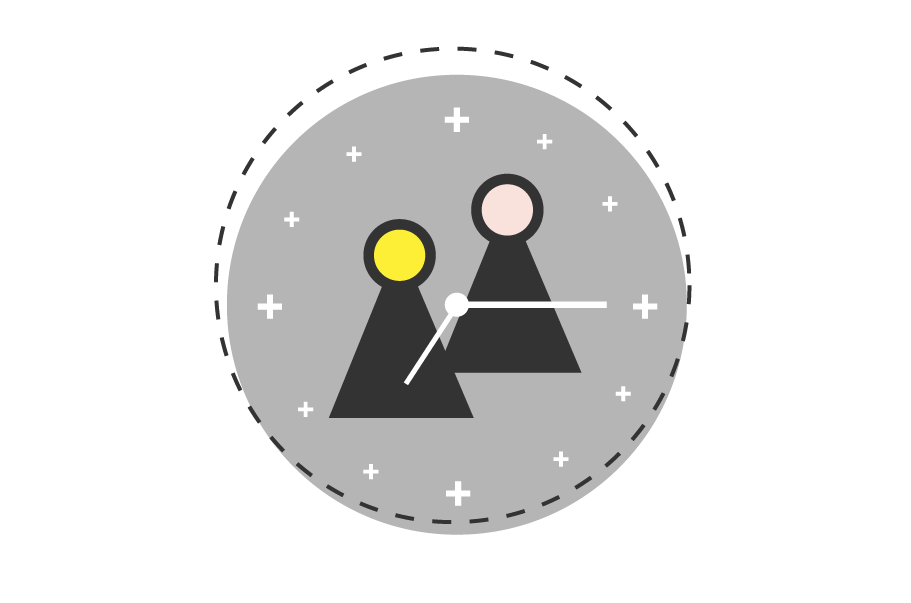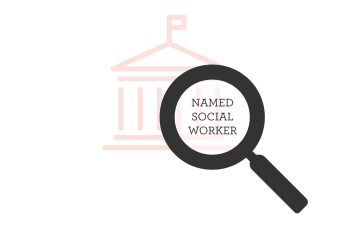
Three new sites launch phase two of Named Social Worker
news | 19 Oct 2017
Delivered by Innovation Unit and the Social Care Institute of Excellence (SCIE), six local authorities will now be supported to design, implement and evaluate a named social worker approach.
The scheme – which will be new to Bradford, Halton and Shropshire – provides one-to-one support for people with autism, mental health difficulties, and learning disabilities.
Social workers are ‘named’ in that they build and sustain continuing relationships with the same people. They have an ongoing responsibility for providing advice and emotional support, helping to ensure individuals have control over decisions about their own future, and are able to live with the dignity and independence that we all deserve.
All sites in the programme involve service users, families and carers in the development of their approach, which will also respond to specific challenges and build on great practice locally.
Extra funding comes after the first phase, which was piloted in Calderdale, Camden, Hertfordshire, Liverpool, Nottingham and Sheffield, was deemed a success – so much so that teams in Hertfordshire, Liverpool, and Sheffield will be using the second phase to embed their approach.
“Having a named social worker means having the opportunity to develop relationships that really work because they are built on a deep understanding of what an individual needs, wants and what they can do. ”Lizzie Insall
Director of New Ventures at Innovation Unit
Impact from the first phase included:
• Individuals discharged from hospital when this was not previously planned for them;
• Individuals had greater choice over where they would live and were more involved in their care;
• Individuals felt better supported by their social worker, with stronger relationships and trust.
Innovation Unit are leading on the programme design and coaching support for the six local authorities, as well making learning about impact available to the wider sector. SCIE are leading on the evaluation of these pilots. Details of the first phase, including the models, impact and lessons learned, can be found in three reports published over the course of the programme:

Update on Named Social Worker Pilot
Last year’s pilot scheme shares findings and prepares to roll out further.
11 Aug 17

Why relationships are key to good social work
Positive interactions between social workers and families are essential, but too often policies and practices act as a barrier.
17 Mar 17

Adult mental health
In Lambeth they have seized the opportunity to transform the mental health care system.
05 Jul 18